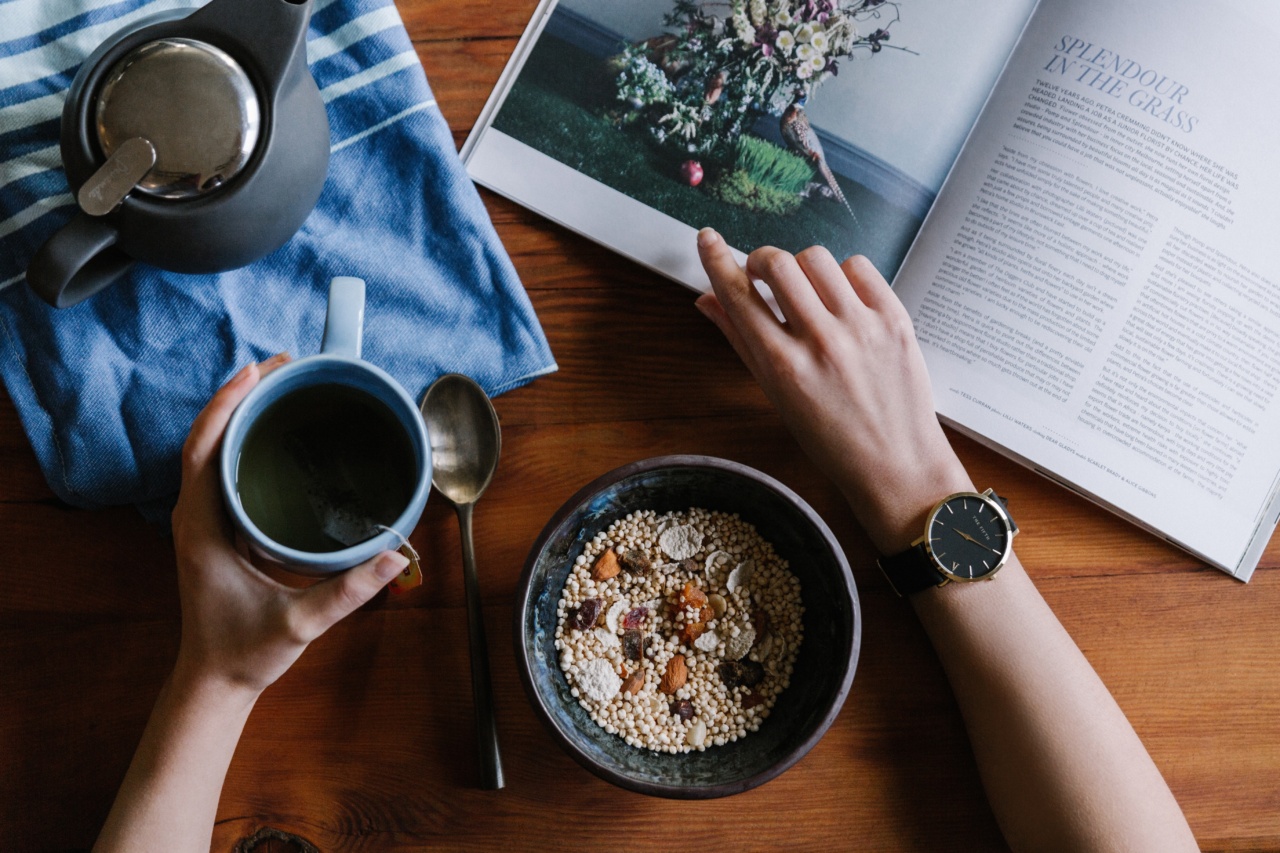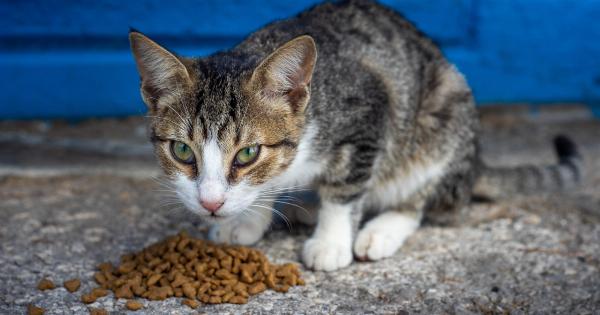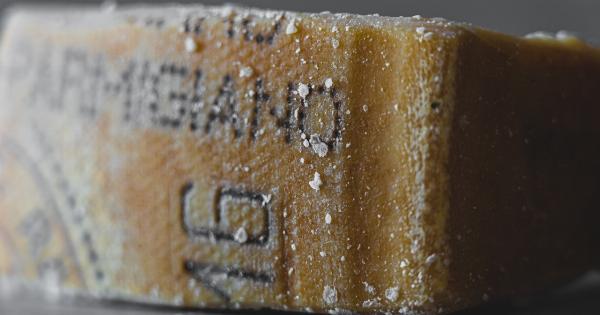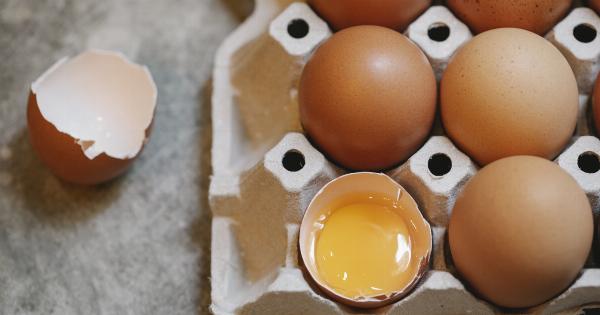Food poisoning is a common and unpleasant experience that can result from consuming contaminated or spoiled food.
It occurs when harmful bacteria, viruses, parasites, or toxins are ingested, leading to digestive symptoms such as nausea, vomiting, diarrhea, and abdominal pain. While food poisoning can happen from various sources, being aware of the specific foods that are often associated with it can help you take precautions and avoid falling ill.
In this article, we will discuss some of the foods that you should watch out for to prevent food poisoning.
1. Raw or Undercooked Meat
Consuming raw or undercooked meat, such as beef, poultry, pork, or fish, can significantly increase the risk of food poisoning. These meats can contain harmful bacteria like Salmonella, E. coli, or Campylobacter, which are destroyed by proper cooking.
It is crucial to cook meat at the appropriate internal temperature to kill any potential pathogens and ensure it is safe to consume.
2. Raw or Unpasteurized Milk
Raw or unpasteurized milk may contain pathogens, including Salmonella, Escherichia coli, and Listeria, which can cause serious illness.
Pasteurization is a process of heating milk to kill bacteria and other microorganisms, making it safe for consumption. It is recommended to choose pasteurized milk products to minimize the risk of food poisoning.
3. Raw Eggs
Eating raw or lightly cooked eggs can expose you to Salmonella bacteria. Raw eggs are commonly used in dishes like homemade Caesar dressing, mayonnaise, and some desserts.
It is advisable to opt for pasteurized eggs or egg products if you want to consume them raw or use them in uncooked preparations to reduce the risk of food poisoning.
4. Unwashed Fruits and Vegetables
Fruits and vegetables can become contaminated with harmful bacteria, such as Salmonella or E. coli, during cultivation, handling, or transportation.
It is crucial to thoroughly wash them under running water, especially if you eat them raw or with the skin on. This practice helps remove any dirt, residual pesticides, and potential pathogens, making them safer to consume.
5. Sprouts
While sprouts may seem like a healthy addition to salads and sandwiches, they have been linked to numerous outbreaks of food poisoning.
This is because the warm and humid conditions during sprouting provide an ideal environment for bacteria like Salmonella, E. coli, and Listeria to multiply. If you choose to consume sprouts, ensure they are properly cooked to minimize the risk.
6. Shellfish
Shellfish, such as oysters, clams, mussels, and scallops, can sometimes be a source of food poisoning. They have been associated with Vibrio and norovirus infections, both of which can cause severe gastrointestinal symptoms.
It is essential to purchase shellfish from reputable sources and ensure they are cooked thoroughly before consumption to reduce the risk of illness.
7. Unpasteurized Cheese
Soft cheeses made from unpasteurized milk, such as Brie, Camembert, and blue-veined cheeses, have a higher risk of contamination with Listeria monocytogenes, a bacterium that can cause listeriosis.
This infection can be particularly dangerous for pregnant women, older adults, and individuals with weakened immune systems. Opt for cheeses made from pasteurized milk to minimize the risk.
8. Deli Meats
Deli meats, including ham, turkey, chicken, and roast beef, can sometimes be contaminated with Listeria monocytogenes or other harmful bacteria. These bacteria can multiply in the refrigerated environment of deli counters or sandwich bars.
Pregnant women, older adults, and individuals with weakened immune systems should be especially cautious and consider reheating deli meats before consumption.
9. Pre-cut and Packaged Salads
Pre-cut and packaged salads may seem convenient, but they have been associated with outbreaks of food poisoning. These salads are often washed and packaged in large facilities, increasing the risk of cross-contamination with bacteria such as E.
coli or Salmonella. It is advisable to opt for whole vegetables and wash them yourself to minimize the chances of consuming contaminated produce.
10. Leftovers
Improper handling and storage of leftovers can lead to food poisoning. Bacteria can multiply rapidly if cooked food is left at room temperature for too long.
It is essential to refrigerate leftovers promptly in shallow containers to allow for quick cooling. When reheating, ensure the food reaches a safe internal temperature to kill any potential bacteria.
Conclusion
Being aware of the foods that are commonly associated with food poisoning can help you adopt preventive measures and protect yourself from getting sick.
It is important to properly cook meat, choose pasteurized milk and eggs, wash fruits and vegetables thoroughly, and be cautious of risky foods like sprouts and deli meats. By practicing good hygiene and following safe food handling practices, you can significantly reduce the risk of food poisoning and enjoy your meals with peace of mind.



























